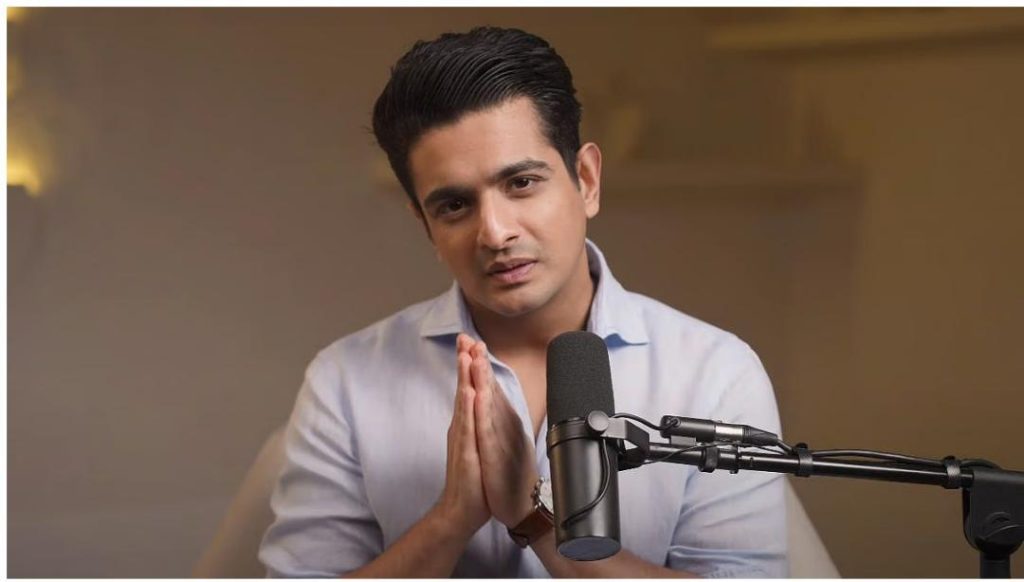
SC Extends Interim Protection from Arrest to Allahbadia in Latent Case
In a recent development, the Supreme Court has extended the interim protection from arrest granted to YouTuber Ranveer Allahbadia in the case pertaining to his controversial remarks on ‘India’s Got Latent’. The court made this announcement on Monday, following the completion of the investigation by the Maharashtra Police in the matter.
For those who may not be aware, Ranveer Allahbadia is a popular YouTuber known for his entertaining content and commentary on various topics. However, he recently found himself at the center of a controversy after making some remarks on the TV show ‘India’s Got Latent’, which were perceived as offensive by many.
The Maharashtra Police had registered a case against Allahbadia under various sections of the Indian Penal Code (IPC) and the Information Technology Act (IT Act) following a complaint filed by one of the show’s participants, Samay Raina. Raina had alleged that Allahbadia’s comments were defamatory and constituted hate speech.
In response to the complaint, Allahbadia had moved the Bombay High Court seeking anticipatory bail and interim protection from arrest. The High Court had granted him interim protection from arrest, which was later extended by the Supreme Court in January.
Now, the Supreme Court has extended the interim protection from arrest to Allahbadia once again, pending the disposal of his plea seeking the return of his passport. The court has scheduled a hearing on April 28 to consider Allahbadia’s plea.
It is worth noting that the Maharashtra Police had completed its probe into the matter and had submitted its report to the court. While the details of the report are not publicly available, it is likely that the police investigation did not find any evidence to substantiate the allegations against Allahbadia.
Allahbadia’s legal team has been arguing that the remarks made by him were taken out of context and were not intended to cause any harm or offense. They have also pointed out that the show ‘India’s Got Latent’ was not a serious program and was intended to be entertaining, rather than informative or educational.
In light of the investigation’s findings, it is likely that the Supreme Court will dismiss the complaint against Allahbadia and grant him a clean chit. However, the court’s decision will ultimately depend on the evidence presented and the arguments made by both parties.
This development is significant not only for Allahbadia but also for the broader issue of freedom of speech and expression in India. The controversy surrounding Allahbadia’s remarks has raised important questions about what constitutes hate speech and how it should be regulated.
In recent years, there has been a growing trend towards censorship and self-censorship in India, particularly on social media and online platforms. While it is important to protect individuals from harm and offense, it is equally important to ensure that freedom of speech and expression is protected and promoted.
The Allahbadia case highlights the need for a nuanced and balanced approach to regulating online speech. Rather than relying on blanket bans and censorship, the government and social media platforms should focus on promoting online literacy and critical thinking, and providing users with the tools and resources they need to engage with online content in a responsible and informed manner.
In conclusion, the Supreme Court’s extension of interim protection from arrest to Allahbadia is a significant development in the case. As the court hears the petition seeking the return of Allahbadia’s passport, it will be important to consider the broader implications of this case for freedom of speech and expression in India.






